October 16, 2018
How landlords can maintain their mojo and retain tenants
 Flexibility is rocking the foundations of the traditional commercial real estate world. It’s entering our workforces, our offices and the shock waves are extending to the relationship between landlord and tenant. This demand for increased flexibility from the world’s workforces is due to a convergence of social and economic factors. JLL’s Top 10 Global Corporate Real Estate (CRE) Trends report predicts the emergence of a more dynamic workforce, demand for work environments that support creativity, cross-collaboration and innovation, and an increasing focus on employee wellbeing and performance will dominate global CRE strategies throughout 2018. This has major implications for both occupiers and landlords.
Flexibility is rocking the foundations of the traditional commercial real estate world. It’s entering our workforces, our offices and the shock waves are extending to the relationship between landlord and tenant. This demand for increased flexibility from the world’s workforces is due to a convergence of social and economic factors. JLL’s Top 10 Global Corporate Real Estate (CRE) Trends report predicts the emergence of a more dynamic workforce, demand for work environments that support creativity, cross-collaboration and innovation, and an increasing focus on employee wellbeing and performance will dominate global CRE strategies throughout 2018. This has major implications for both occupiers and landlords.







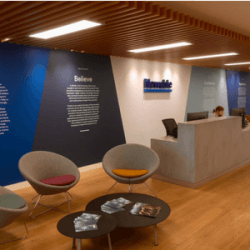
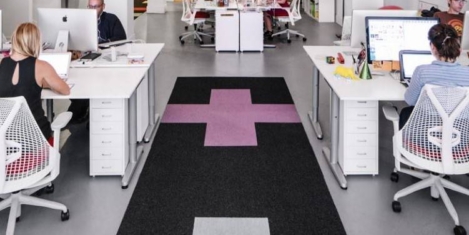
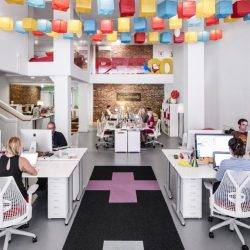




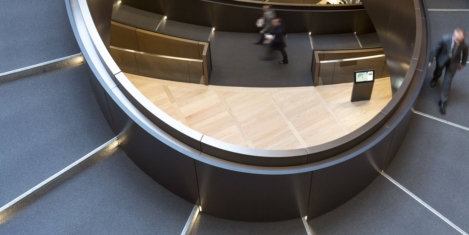

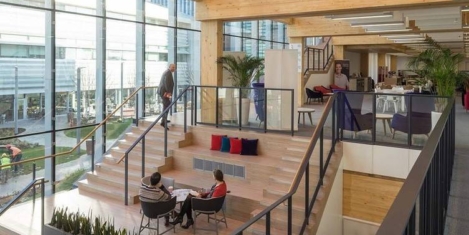
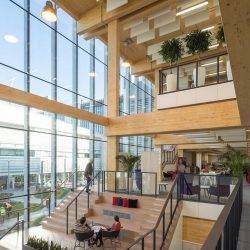


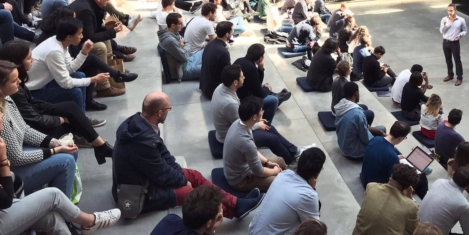
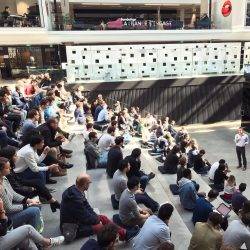



 Employee motivation levels appear to be the decline, with 29 percent of employees surveyed saying they were not motivated at work in 2017 compared to just 18 percent who said the same in 2016 the research report, “Living to Work” has claimed. Motivates Inc. has commissioned its employee motivation research for the past three years, surveying over 2,000 UK employees in full-time employment. The full data shows like-for-like how employees are feeling in the workplace and what hygiene factors have affected behaviours year-on-year. According to the latest data 71 percent of UK employees were motivated in 2017, which on its own shows a positive result, yet when you look at the motivational statistics from 2016 the data actually shows the percentage of motivated employees has dropped by 11 percent in just one year. That’s 220 more employees in an organisation of 2,000 who are not feeling good about their job.
Employee motivation levels appear to be the decline, with 29 percent of employees surveyed saying they were not motivated at work in 2017 compared to just 18 percent who said the same in 2016 the research report, “Living to Work” has claimed. Motivates Inc. has commissioned its employee motivation research for the past three years, surveying over 2,000 UK employees in full-time employment. The full data shows like-for-like how employees are feeling in the workplace and what hygiene factors have affected behaviours year-on-year. According to the latest data 71 percent of UK employees were motivated in 2017, which on its own shows a positive result, yet when you look at the motivational statistics from 2016 the data actually shows the percentage of motivated employees has dropped by 11 percent in just one year. That’s 220 more employees in an organisation of 2,000 who are not feeling good about their job.








October 16, 2018
Law firms are finally embracing the agile workplace
by Simon Pole • Comment, Workplace design
(more…)